Home Inspection tips for Electric Safety
Regular home inspections for electrical safety are crucial to prevent accidents and ensure the system is functioning properly.
Here are some tips to guide you:
-
Check Outlets and Switches
- Warm or Hot Outlets: Feel each outlet and switch to ensure none are warm or hot to the touch, as this can signal an overloaded circuit or faulty wiring.
- Loose Outlets or Switches: Make sure all are properly secured. Loose ones can lead to arcing and fires.
- Proper Functioning: Ensure all outlets and switches work properly and are not making strange noises (buzzing or crackling).
-
Inspect Electrical Cords
- Frayed or Damaged Cords: Replace any cords that are worn or damaged to prevent electrical shocks or fires.
- Proper Storage: Avoid pinching, bending, or placing cords under rugs or heavy furniture.
- Cord Management: Ensure cords are not overloaded into a single outlet or extension cord.
-
Check for Overloaded Circuits
- Circuit Load: Ensure that no circuit is overloaded by too many appliances or devices. Overloading can cause tripped breakers or fires.
- Use of Extension Cords: Avoid using extension cords as a permanent solution. Install more outlets if needed.
-
Inspect Breaker Panel
- Label Accuracy: Ensure that each breaker is correctly labeled for the corresponding areas of the home.
- Signs of Trouble: Look for any scorch marks, melted wires, or strange odors near the panel, as these are signs of overheating or arcing.
- Test Circuit Breakers: Occasionally test breakers by switching them off and on to ensure they reset properly.
-
Lighting Inspection
- Bulb Wattage: Use the correct wattage for fixtures to prevent overheating.
- Flickering Lights: Flickering lights may indicate loose wiring or an issue with the fixture or circuit.
- Outdoor Lighting: Ensure all outdoor electrical fixtures are weather-resistant and properly installed.
-
Appliance Maintenance
- Grounded Plugs: Ensure appliances with three-prong plugs are plugged into grounded outlets.
- Old Appliances: Check the condition of older appliances and replace them if necessary, especially if they show signs of wear or malfunction.
-
Look for Signs of Rodents
- Chewed Wiring: Check for signs of rodents, as they can chew through wiring, which is a fire hazard.
-
Professional Inspection
- Hire a Licensed Electrician: At least once a year, consider having a professional electrician inspect your home for hidden issues, especially in older homes.
These routine checks can significantly reduce the risk of electrical accidents and keep your home safe.

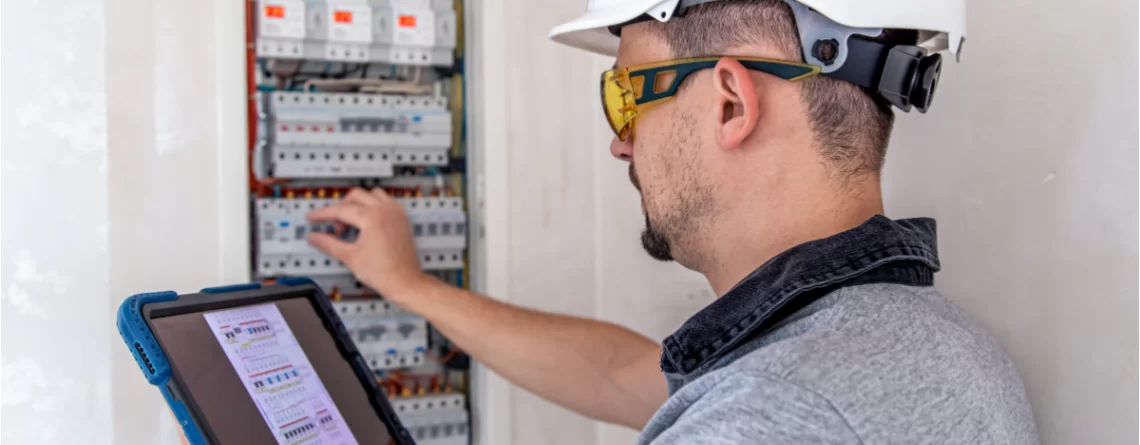

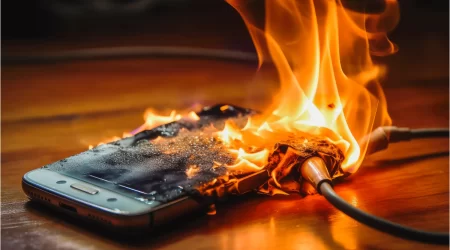

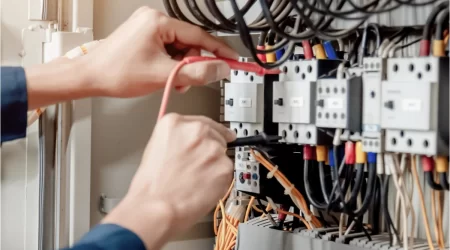


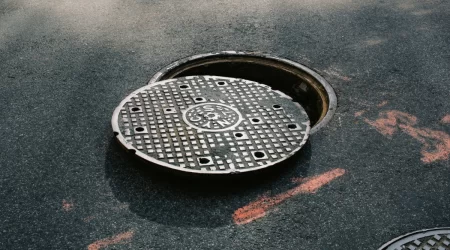


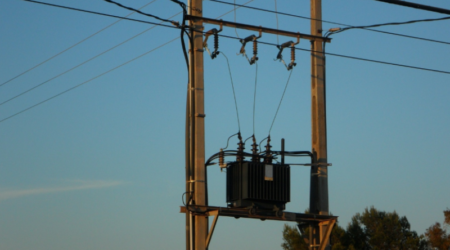
Leave a Reply